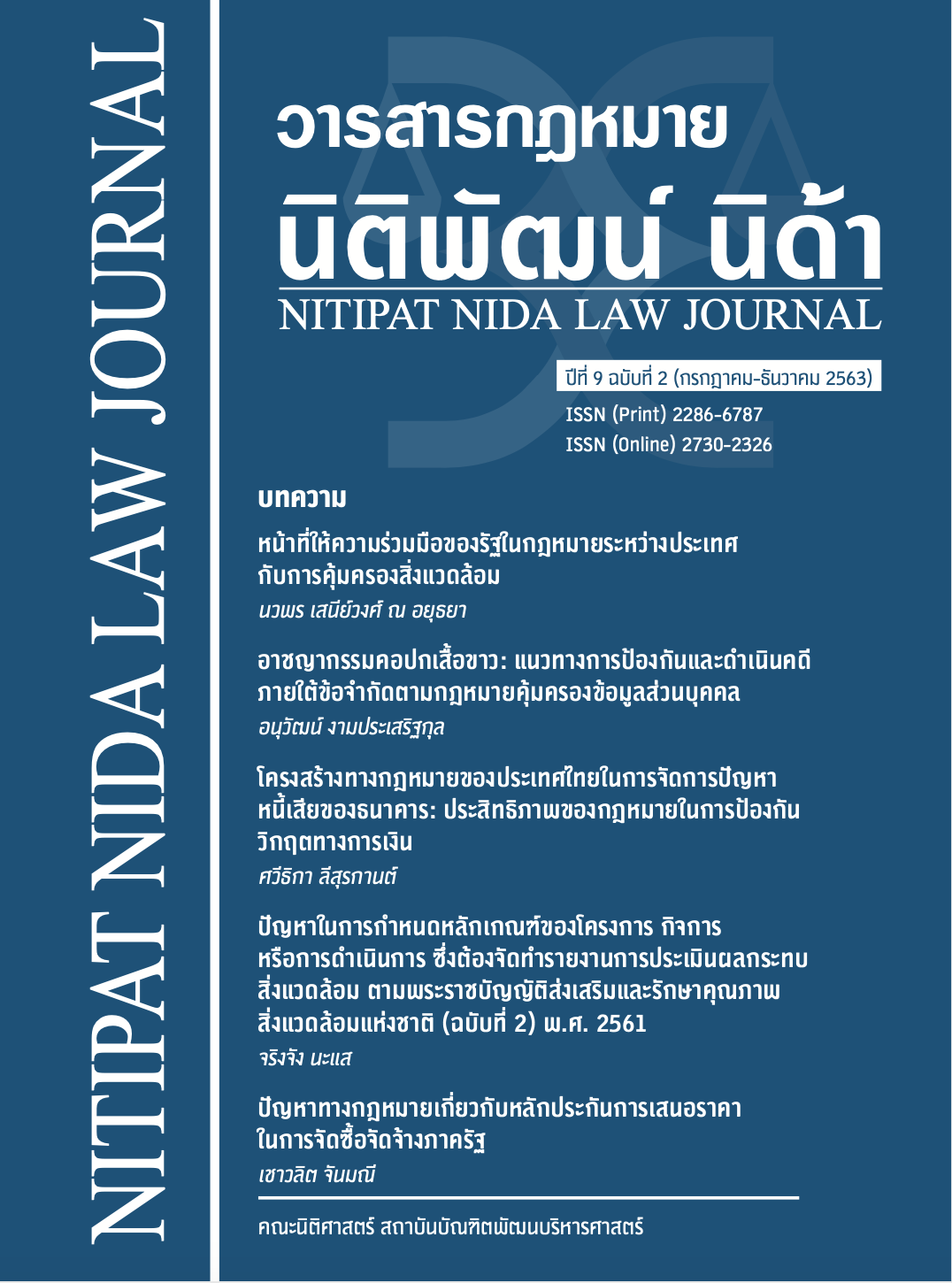White Collar Crime: How to Prevent and Take Legal Actions under the Personal Data Protection Law Implications
Abstract
White collar crime is an economic crime that is increasingly coming under investigation. It is an offense that can affect a company’s reputation and trustworthiness in the eyes of investors and other third parties, and it can reduce employee morale and cause financial loss. This kind of offense is usually committed by senior management or employees who have been part of the organization for a long time, by relying on gaps in which they have the authority to access information and make modifications, including approving erroneous things as correct for personal gain. Ingenious or complicated methods are often used to conceal one's mistakes or make them difficult to verify. Also known as occupational crimes, examples of white collar crimes include fraudulent accounting practices by executives in order to increase company value, procurement fraud due to a conflict of interest between employees and business partners and so on.
The causes of white collar crime are generally referred to as the Fraud Triangle, which consists of Motivation, Opportunity and Rationalization. Most companies have policies in place to prevent these causes of fraud within the organization, such as whistle blowing, checking any criminal records of job applicants, checking references of job applicants, conducting conflict of interest checks between employees and outsiders who have relationships with the organization, conducting investigations on employees and related offenders and talking about serious civil, criminal and litigation labor cases.
A novel factor in white collar crime in Thailand is the country’s introduction of the Personal Data Protection Act (PDPA) which is similar to the European Union’s General Data Protection Regulation and will come into full force on June 1, 2021. Under the PDPA, a company will be considered as a personal data controller when it collects, uses or discloses the personal data of job applicants, employees, former employees, partners and other persons for the purpose of implementing measures to prevent fraud inside the organization. Therefore, greater caution is needed in the balance between preventing corruption within the organization and protecting personal information in order to prevent counter lawsuits against the company which could even be stepped up to class action litigation.



